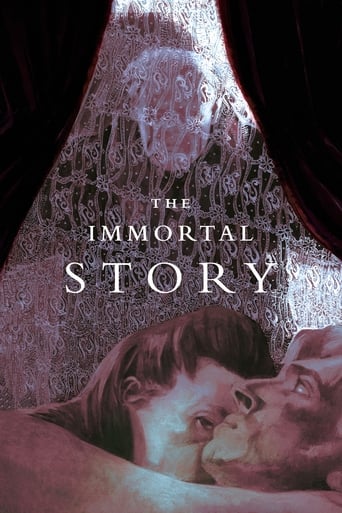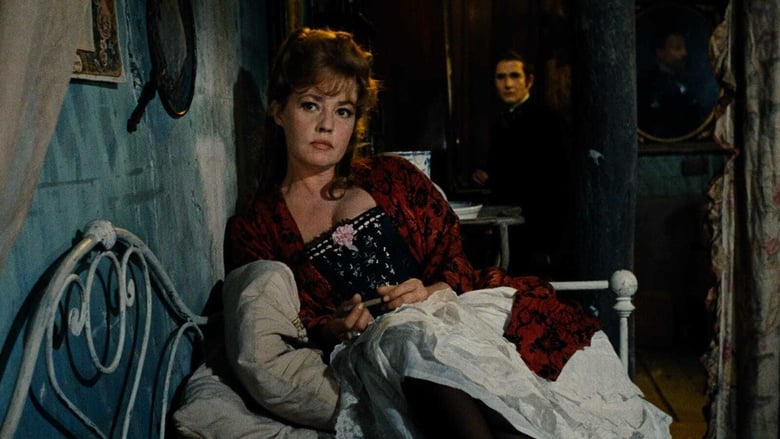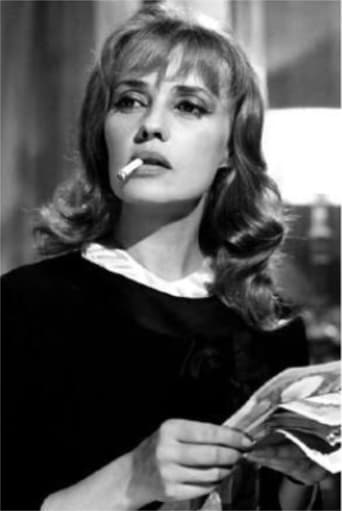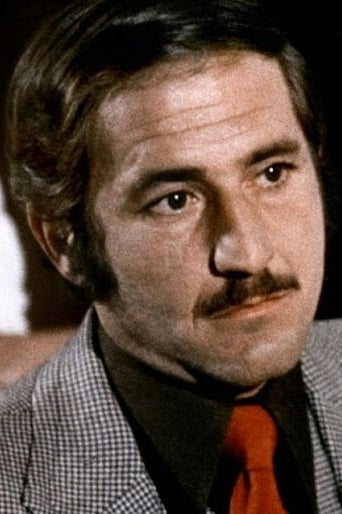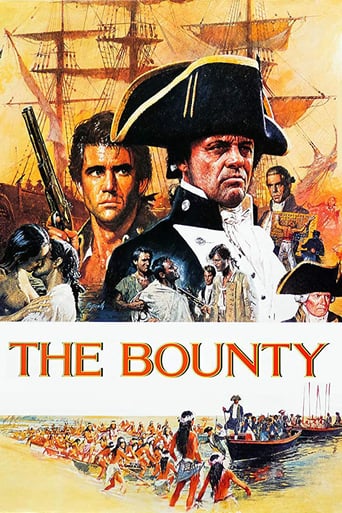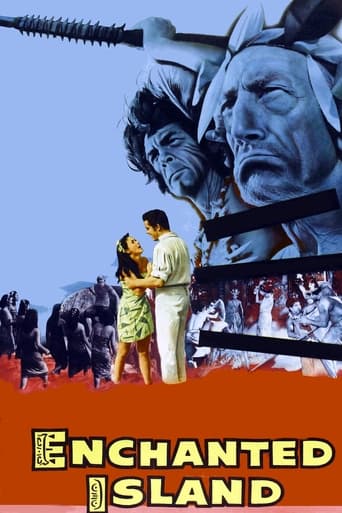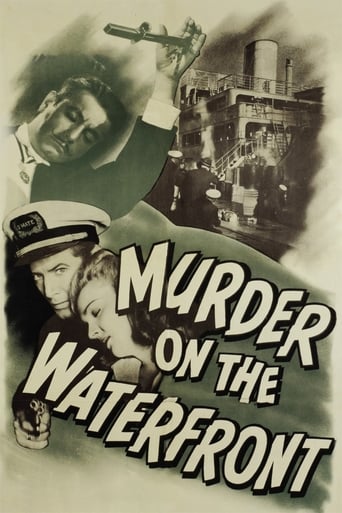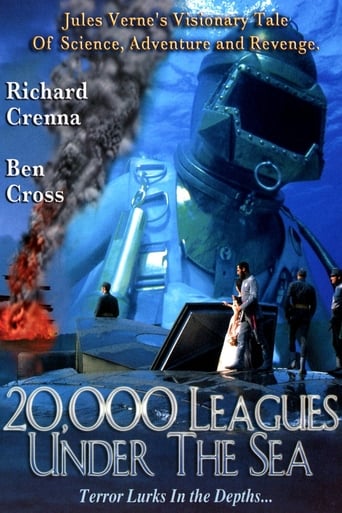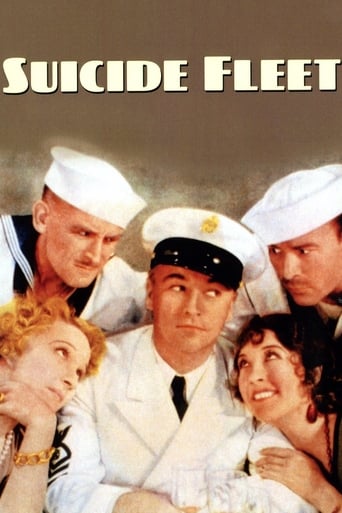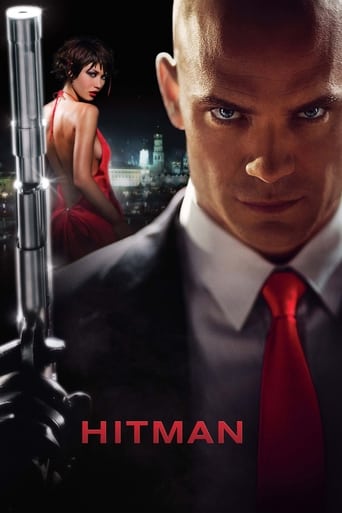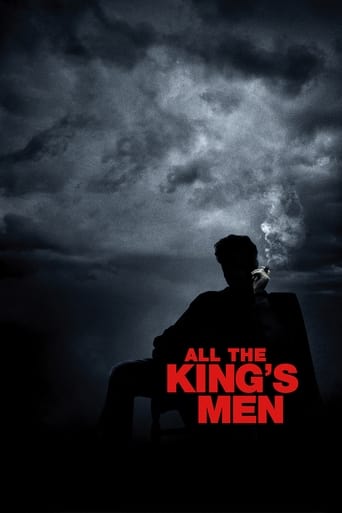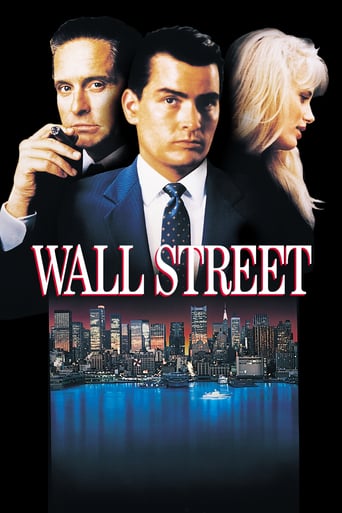The Immortal Story (1968)
An aged, wealthy trader plots with his servant to recreate a maritime tall tale, using a local woman and an unknown sailor as actors.
Watch Trailer
Cast


Similar titles
Reviews
Beautiful, moving film.
The film makes a home in your brain and the only cure is to see it again.
The film may be flawed, but its message is not.
This is one of the best movies I’ve seen in a very long time. You have to go and see this on the big screen.
This was Orson Welles' only film in color apart from the documentary F for Fake which he made in 1973. After this film he sadly did not get the change to write and direct more movies. As mentioned before he made one documentary in the seventies, shot sections of the movie Other Side of the Wind (never finished it), made a bunch of commercials and starred in horrible movies (apart from The Kremlin Letter, Waterloo, Catch 22, A safe Place, Ten Days Wonder and Get to Know Your Rabbitt). So the only great thing we have from Orson Welles as a pioneer movie director during the last 20 years of his live (he died in 1985) is Chimes of Midnight (1966) and this film which he made in 1968 for french television. This film is short and excellent. The way Orson uses color celluloid is spellbinding, i've never seen anything like it, he uses red and green colors like a painter and projects a certain eerie feeling seldom seen in cinema. The story is a typical one by Welles. A rich and powerful older man is lonesome in his mansion and only wants to be loved. For those of you who love cinema, this film is a must see by one of the greatest directors of all time. Based on a story by danish writer Karen Blixen.
Some films are very long. For instance Antonioni's "La Notte", again with Jeanne Moreau - sorry for being in love with her. Hardly anything happens in that movie. Though you can't keep your eyes out of the screen. Fascinating (to me, at least).The producers nowadays are afraid of "zapping". Films are stroboscopic. Add zoom and tracking. Mix the three together. You have TV's "CSI: Miami". Caruso is great fun, notably because of his caricatured acting (though he plays exactly what he is supposed to play, and he does it very well - his lines are so stupid... poor actor), but such obvious manipulation in filming is off-putting. And I get bored, so bored..."The Immortal Story" is quite a short film. But the most beautiful I have ever seen in my whole life. I could watch it again and again 'till death do us part'. People call this "movie" literary, because of (the great great) K. Blixen - I. Dinesen. It is. It is nonetheless a move of the soul, a story of tale, legend, fate, and (un)achievement. It tells us you cannot be a link of the immortal story - the chain - unless you give your life to it, and die. So always did Welles, the greatest director of all times (to me). It is all about creation: genesis, generation, transmission and... your life.
If it weren't for popping up once on TCM and by chance getting to tape it, I'm not sure if I would ever see the Immortal Story due to its lack of circulation. Not too ironic, or a coincidence more likely, to what the film is about. In line with a couple of Welles's other works like Mr. Arkadin and F For Fake, The Immortal Story is about storytelling, or how extraordinary things that happen are sometimes less so when taken into account for what's really underneath them- the person telling it, or being told it, and if it really makes sense or sounds like it isn't b.s. Welles's character Mr. Clay, taken from a novel by Isak Denison, probably doesn't have any good stories to tell, and more than likely doesn't like hearing them. "I don't like pretense, and I don't like prophecy. I want facts," he says to his butler/servant Levinsky (Robert Croggio), and after so much time hearing his company's accounts and finances- a very empty task for a codger like Clay to hear- he decides on something that might get the juices going in his head, to make real a story that's been told many many times, about the sailor getting paid by some rich man to sleep with his wife. It isn't 'Indecent Proposal', however, as Moreau's character happens to be in her own was as notorious as Clay, and has a history of sorts with Clay and her family.Matter of fact, the main thrust of Immortal Story is that stories are never fool-proof, and that's what makes them interesting/fun to those who hear them for years and years; it can't *really* happen, otherwise there's a falsity that defeats the whole purpose of it being spontaneous. So, a lot ends up being more fascinating for what is in the subtext this time, even if I still loved looking at Welles's direction, which is always an incredible feat of ingenuity, not to mention here when it's mostly talking heads. He uses color very well here, too, as it's his first time using shades of brown and gray for the Macao town parts, little flourishes of color that become darkened when around Clay, and the characters of Virginie (Moreau) and the Sailor (Norman Eshley) who compared to Clay are vibrant in appearance.Much of the dialog is exquisite and unlike in some of Welles's other works not exactly dense and rapid-fire in taking it all in. There's even an elegiac tone going on here, as Clay is far from a Kane or Sheriff in Touch of Evil- he's dying, really, or at least mad, and there's a loneliness to his 'what-I-say-will-be-done' manner of speaking to his servant. Welles taps into that completely, even if it takes a little getting used to over the hour-long running time.The other actors are hit or miss, however, with Moreau being the clear top choice in this field. With still some of those same melancholy beats she had when she appeared in French New Wave pictures, she taps into Virgine as someone who's more complex (albeit in small part my plot convenience, oddly enough) than someone like Clay would've thought in his factual-type realm. The facts for her make things awful to bear, even under payment, and Moreau also gets to reveal a deep level of sexuality that gives Welles another challenge never done before for him- how to handle a sex scene (this includes a great exchange of dialog between Virgine and Paul about an earthquake). The men, however, are a little more shaky. Coggio isn't bad as Levinsky, but by nature of his character he has to be a stiff kind of guy, and sometimes it works well (his reaction to Clay's demand to re-enact this 'story' is very good), and sometimes not (his delivery of the lines, which aren't well-written, at the very end is unbelievable). I also found Eshly to be like an extra Welles might've picked up from Fellini's production of Satyricon with the pretty-boy men, this time with an awkward English accent. Only when looking at him under the surface did things seem a little intriguing, but on the surface ineffectual.But for the patient Welles fan- yes, patient even at 62 minutes- The Immortal Story puts another good notch on the filmmaker/actor's club of of work. It deals with a subject that I could think and rouse about for hours, about what it is to live a life where things aren't predictable, or when things are mandated and put in rigid structure what it means to want to find why a story isn't made true or not. Why does Clay want the story to be real, and for only one person to say that it's for real or not? The final revelation from the sailor, of course, brilliantly contradicts everything that came before. Facts (or rather, the usual exposition), of course, aren't usually the best parts of any story, as any filmmaker can tell you.
This film is hardly a disaster, and certainly the themes are Wellesian. It's just not terribly interesting or believable. Old Orson Welles is a rich old merchant in Macao who believes that all the stories he hears should be factual. Accordingly, he is dismayed when an old sailor's tale he was told -- in which a sailor is hired by an aging merchant to impregnate his much younger wife -- is revealed to be false. So old Mr. Welles sets out to act out the story by finding a young woman to play the wife and hire a sailor, so that, when future sailors tell the story, they will be narrating a true tale.In addition to this plot, there are a number of underdeveloped plot points. The sailor Orson finds was just rescued from a year lost on a desert island. The lady Orson finds used to live in Orson's house, back in the days when she had a rich father. None of them really add anything to our understanding of the characters. In the end, we have a beautifully shot but glacially paced film where characters make long pointless speeches, Jeanne Moreau gets pleasantly naked, and the film ends with a very literary irony that probably worked fine in the source novel, but does not impress in this film. In other words, this is a pretty typical European art film of the 60s, right down to the plot that could, without much alteration, be remade as a porn film. If you like these kind of movies, this film will be a nice surprise. If you are like me, and tend to find these sorts of things pretentious and dull, go watch Touch of Evil instead.

